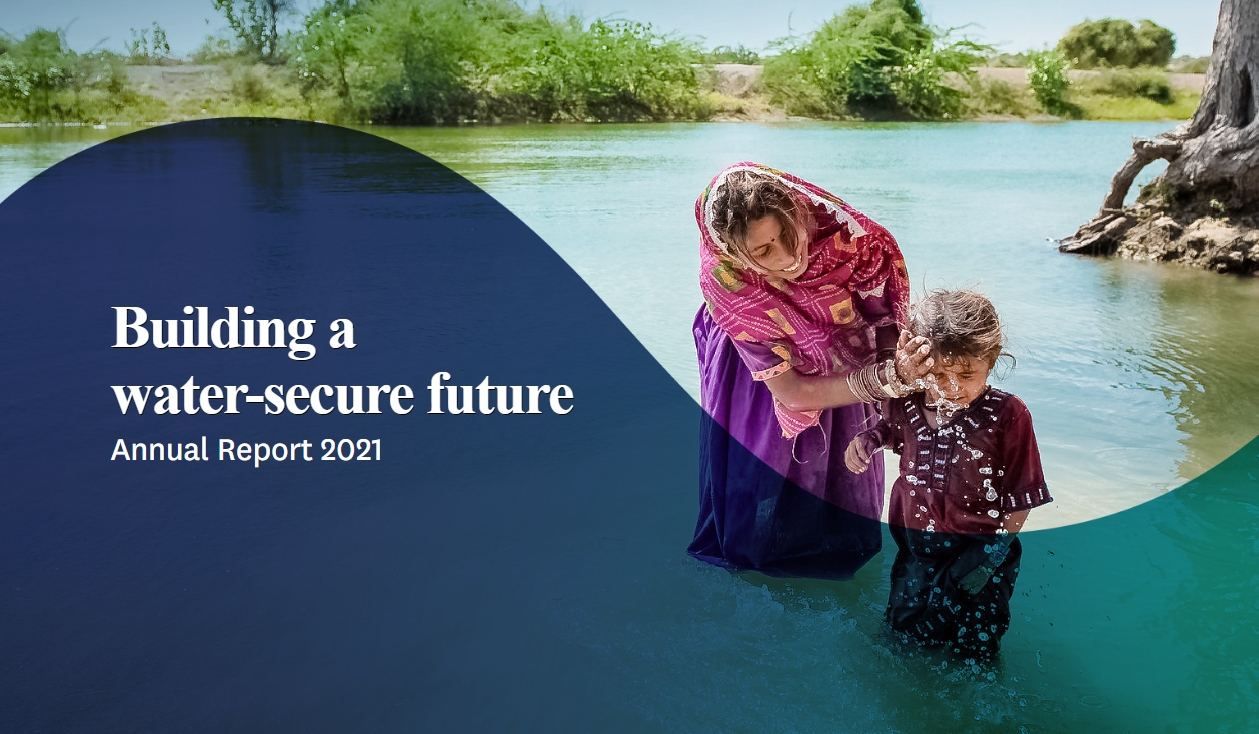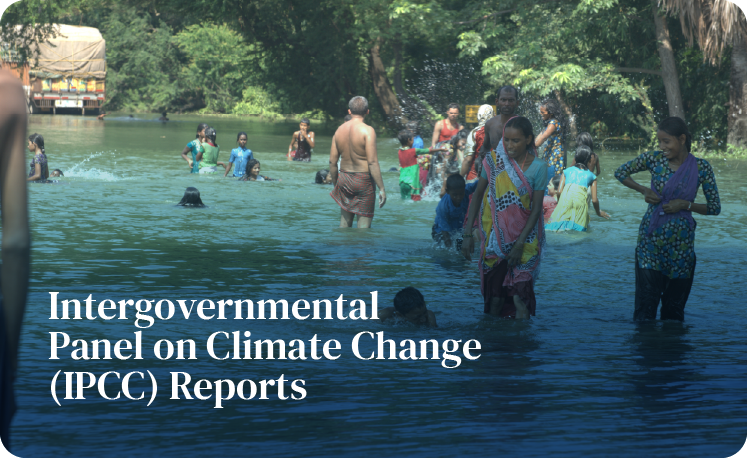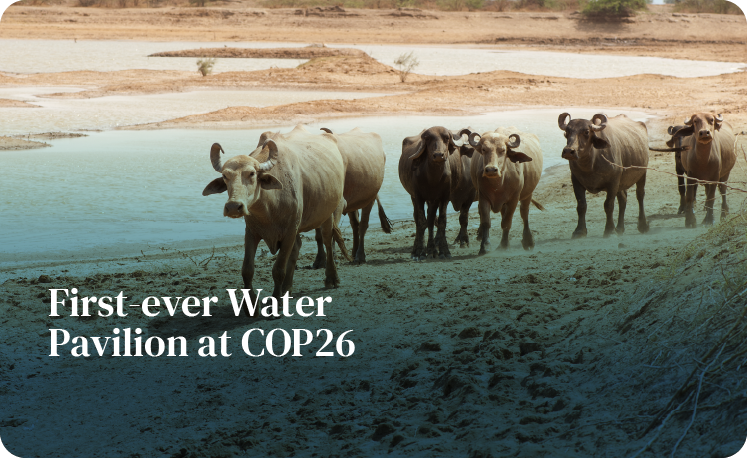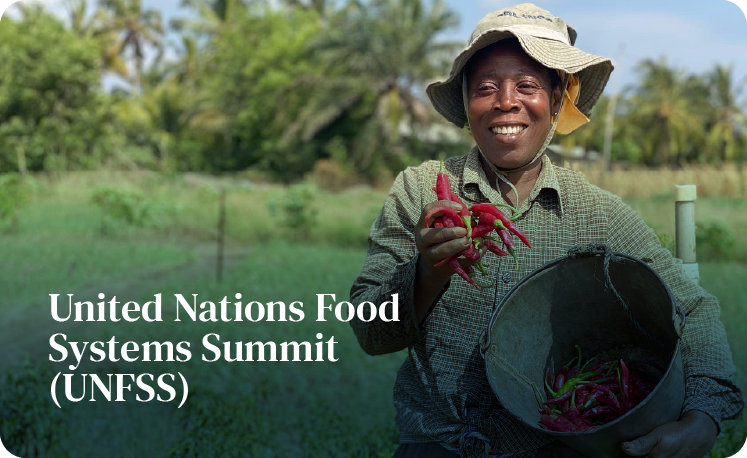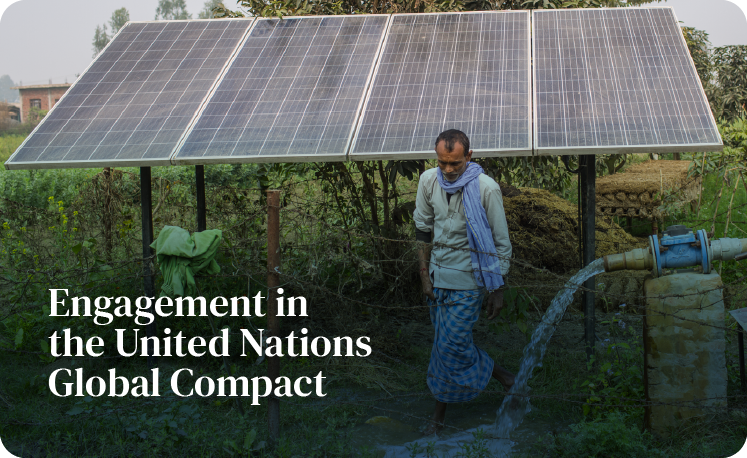Building a
water-secure future
Annual Report 2021
Message from the Board Chair and Director General
We cannot help but look back at 2021 and see that the challenges of building water security and delivering on Goal 6 of the United Nations Sustainable Development Goals (SDGs) are becoming only more urgent. The demands on IWMI and CGIAR to do more – to use our research-for-development to deliver impact at scale and with speed – are only growing, and our responsibility to ally with partners to meet that demand is only deepening.


IWMI at a glance in 2021


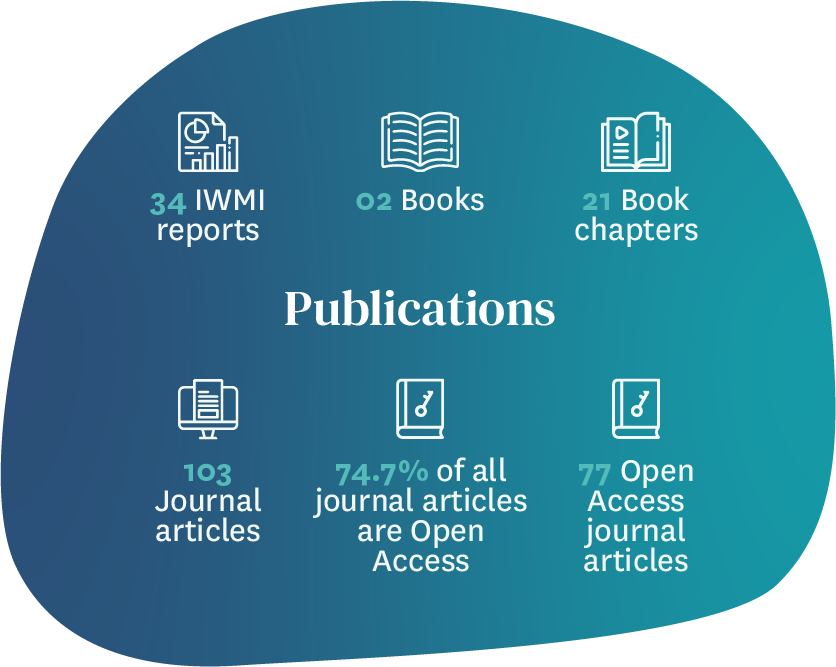


Major trends shaping IWMI's strategic
and operational context in 2021

Water, Food and Ecosystems
In 2021, hunger hit an all-time high. The United Nations reports that last year, 193 million people in 53 countries were at an ‘acute’ risk of hunger. This figure shows a jump of almost 40 million compared to 2020.
Conflicts in the Democratic Republic of the Congo, Yemen, Afghanistan, Ethiopia, Sudan, Syria, Nigeria and, more recently, Ukraine have led to further food price increases. Climate change and the Covid-19 pandemic have also exacerbated the situation. Nonetheless, water-smart agricultural solutions are being developed and scaled up globally, and efforts to put water at the forefront of environmental research, policy and action are growing.
Biodiversity loss remains acute. Extinction rates are 100 to 1,000 times higher than they have been over the past tens of millions of years. In 2021, Earth Overshoot Day happened on July 29, almost a month earlier than the year before, which was strongly influenced by the pandemic. However, smart water practices such as accounting for environmental flow requirements and nature-based solutions contribute to protecting critical ecosystems. Today, a great majority of development interventions adopt sustainable strategies for our ecosystems.

Water, Climate Change and Resilience
According to the most recent IPCC report, 3.5 billion people are highly vulnerable to the impacts of climate change. Every year, the number of people affected by flooding increases by half a million, and over three billion suffer severe water shortages. Water risks are intensifying around the world, and as climate change tightens its grip, rising temperatures are promoting the spread of diseases in crops and livestock. Unless immediate and bold action is taken, the impacts of climate change are set to worsen. Water scarcity and less reliable rainfall patterns could spark conflict, provoke migration waves and trigger famine in many regions of the world.
Awareness of the role of water in climate change impacts and solutions is growing, and the ever-increasing number of climate adaptation and mitigation responses is encouraging. However, the scaling of water management innovations and technologies is urgently needed in the most vulnerable regions of the world. Water data fragmentation continues to slow us down, and research-policy-action gaps have yet to be fully bridged. Fortunately, IWMI research and innovation are fueling a growing number of disaster risk reduction and climate adaptation and mitigation projects, a step in the right direction towards a climate-, food-, energy- and water-secure world.

Water, Growth and Inclusion
Smallholder farmers produce at least one third of the global food supply. However, in developing countries, 80% of these farmers live in water-scarce regions, despite being the main source of food production.
In 2021, the Covid-19 pandemic disrupted food distribution channels, led to layoffs, restricted physical access to food markets, slowed transport, and diminished the capacity of institutions that support social safety nets for food security. Inclusion strategies are now a growing focus of development solutions, and gender empowerment is becoming more urgent in development solutions worldwide.
Despite the global mobility limits which resulted from the Covid-19 pandemic, the 2021 World Migration Report revealed a dramatic increase in internal displacement due to disasters, conflict and violence. Although remittances dropped slightly in 2020, the number of international migrants continued to increase the following year, especially in Europe and Asia. Migration continues to be a major factor in development and change.

Water Data Science and Digital Innovation
Almost half of the world's population still has no access to the internet. This digital divide predominantly impacts women, rural populations and vulnerable communities living in developing regions of the world, where fewer than one in five people are connected to a mobile or internet network.
Knowledge gaps, including the lack of data on water services, and the fragmentation of water science data, are slowing the implementation of comprehensive policy solutions. Nevertheless, new initiatives to render data and the internet more accessible have reached unprecedented numbers.
Stories of change
Major awards

IWMI’s Nafn Amdar and Arif Anwar were awarded the World Food Forum Transformative Research – Innovation Lab Award in line with IWMI’s work carried out under the Water Innovation Technologies (WIT) project in Jordan.
This award recognizes researchers and aspiring researchers who are committed to transforming agri-food systems. Eight finalists were selected from over 80 entrants for their pioneering approaches and potential to create a better food future for all.
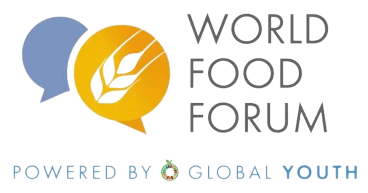
Key events

The year 2021 saw another virtual World Water Week (#WWWeek) due to continued Covid-19 restrictions. With the theme of World Water Week emphasizing climate and resilience, IWMI played a significant role at the conference, taking part in around 30 sessions during the period August 23-27, 2021, either as convenor or co-convenor. IWMI staff members from around the world engaged as moderators, speakers and panelists.
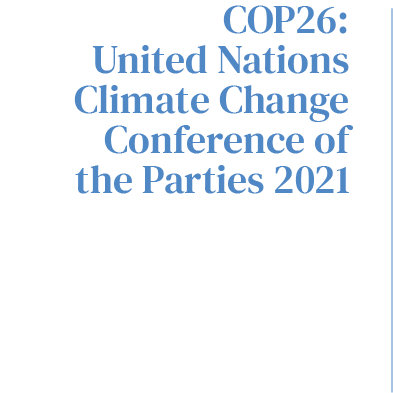
COP26 was held in Glasgow, Scotland, during the period October 31–November 13, 2021. The main aim of IWMI’s participation in the conference was to communicate an urgent and clear message to climate negotiators: Transforming water systems to build water security is central to climate action and must serve as the foundation for a climate-resilient future. As a global leader in identifying, refining and implementing innovative water-based climate solutions, IWMI used COP26 as a platform to engage with not only negotiators and policymakers, but also with current and prospective partners, media outlets, donors and other key stakeholders in the water and climate arenas. IWMI staff led, co-led, or participated in around 40 events throughout COP26, with our participation anchored by daily programming at the first-ever Water and Climate Pavilion, of which IWMI is a core partner.
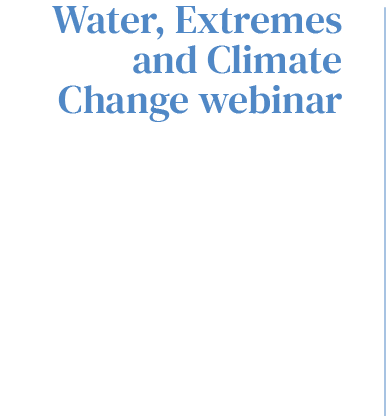
IWMI hosted a webinar titled Water, Extremes and Climate Change on August 20, 2021, to discuss the findings from the Intergovernmental Panel on Climate Change (IPCC) Sixth Assessment Report (AR6) of Working Group I. Two lead authors of IPCC presented findings from their round of the IPCC Assessment: Prof. Friederike Otto, Associate Director, Environmental Change Institute, University of Oxford, UK, and Dr Krishnan Raghavan, who specializes in climate modelling. They were joined by a panel of water experts to explore the implications of the latest climate change findings for regions including Asia and Africa. The webinar was facilitated by IWMI’s Dr Aditi Mukherji, a Coordinating Lead Author of the Water Chapter of Working Group I of IPCC’s AR6.
IPCC is the United Nations body for assessing the science related to climate change and publishes reports at intervals of seven years. The Sixth Assessment Cycle consists of three IPCC Working Group Reports, three Special Reports and a Synthesis Report. The contributions from the three Working Groups were released between 2021 and 2022, starting with the release of the Working Group I Report in early August 2021.
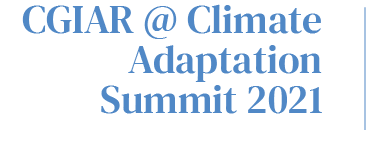
As a CGIAR Research Center, IWMI took part in a range of sessions at the Climate Adaptation Summit (CAS) in 2021. IWMI researchers highlighted the importance of water in accelerating adaptation action during several sessions. CGIAR also launched its 2030 Research and Innovation Strategy at this summit.
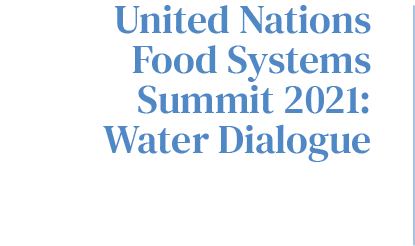
Ahead of the United Nations Food Systems Summit 2021, a global water dialogue explored the fundamental interconnections between food systems and water systems, and their relation to other areas that are essential to achieving the Sustainable Development Goals. At the event titled ‘Water: The Game Changer for Food systems’, it was concluded with consensus that water has unmatched utility to support the necessary transformation of food systems. Participants, including six senior IWMI experts, agreed that water plays a critical role in future proofing food systems against climate shocks and pandemics. This will make food systems more inclusive and healthier, which will help to end hunger and malnutrition, and safeguard the health of our planet.
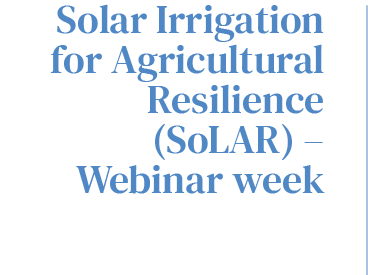
The IWMI-led Solar Irrigation for Agricultural Resilience (SoLAR) project, funded by the Swiss Agency for Development and Cooperation (SDC), organized a series of six webinars during the period February 1-5, 2021. The SoLAR project aims to generate knowledge to sustainably manage water, energy and climate interlinkages through the promotion of solar irrigation pumps (SIPs). The goal of the project is to contribute to climate-resilient, gender-equitable and socially inclusive agrarian livelihoods in Bangladesh, India, Nepal and Pakistan by supporting government efforts to promote solar irrigation. The six-part SDC-IWMI webinar series explored some of the big questions around energy transition and SIPs in four South Asian countries. The webinars were open to the public and gathered speakers from all four countries as well as those from outside the region.
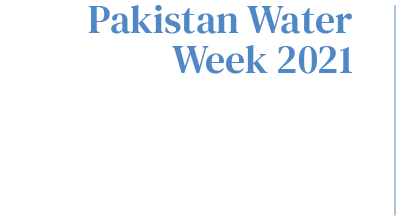
The Ministry of Science and Technology, through the Pakistan Council of Research in Water Resources (PCRWR), in collaboration with IWMI’s office in Pakistan and the CGIAR Research Program on Water, Land and Ecosystems (WLE), organized the Pakistan Water Week 2021 International Conference. The conference was held in Islamabad, Pakistan, during the period December 6-9, 2021, with the theme ‘Needs for Sustainable Water Management in a Climate Crisis for Indus Basin’. This was the first-ever event of its kind in Pakistan, and brought together academics, government officials, nongovernmental organizations, and policy experts from home and abroad to discuss the water related problems facing the country today.
Contributions to CGIAR
Research Programs
Fish Agri-Food Systems (FISH)
IWMI’s collaboration with the CGIAR Research Programs on Fish Agri-Food Systems (FISH) and Water, Land and Ecosystems (WLE), as well as bilateral projects, has delivered significant research outputs and evidenced policy impact, particularly on integrated agroecological farming and fish in irrigation systems.
Policies, Institutions, and Markets (PIM)
IWMI contributed to the CGIAR Research Program on Policies, Institutions, and Markets (PIM) through engagement in the project titled Migration and Gender Dynamics in Irrigation Governance in Nepal.
Climate Change, Agriculture and Food Security (CCAFS)
IWMI continued to contribute to the CGIAR Research Program on Climate Change, Agriculture and Food Security (CCAFS) through index-based flood insurance programs and the scaling up of climate-smart technologies.
Agriculture for Nutrition and Health (A4NH)
Since the CGIAR Research Program on Agriculture for Nutrition and Health (A4NH) joined the CGIAR Antimicrobial Resistance (AMR) Hub, IWMI has continued to collaborate with CGIAR Research Centers to help integrate and channel research and development efforts.
Financials
IWMI reported an increase on its total grant revenue in the financial year 2021 of more than 25% with a total revenue of USD 31.13 million and achieved a surplus of USD 0.48 million. IWMI received an unmodified audit opinion on its 2021 annual financial statements and 21 project audits were carried out during the financial year to comply with grant agreements. In December 2021, the System Council approved the first group of 19 CGIAR Initiatives to launch from January 2022 and the 2022-2024 Portfolio and Designated Financing Plan.
The Institute continues to review its policies, procedures and processes to further strengthen internal controls. IWMI is currently working with other CGIAR centers on the One CGIAR transition. Once the new One CGIAR transition is completed, all CGIAR centers, including IWMI, will have a further improved internal control system. The Institute also ensures that it strictly follows the clauses in the grant agreements and in compliance with donor regulatory requirements.
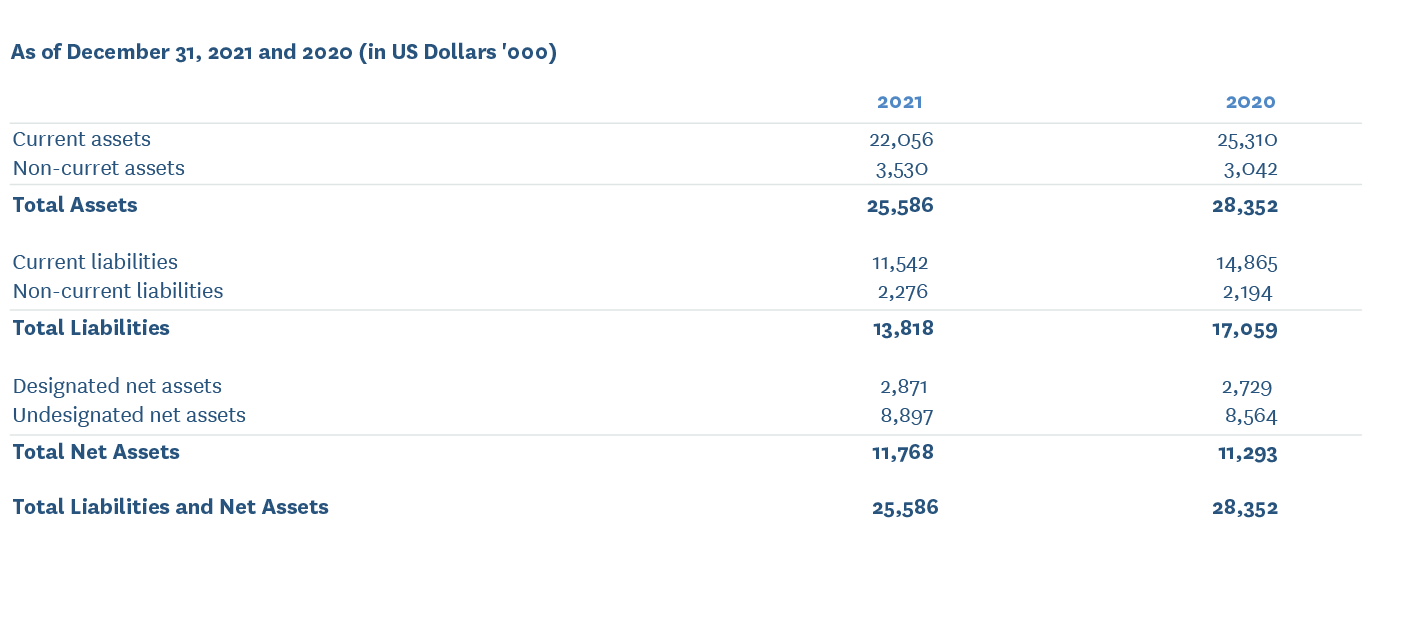
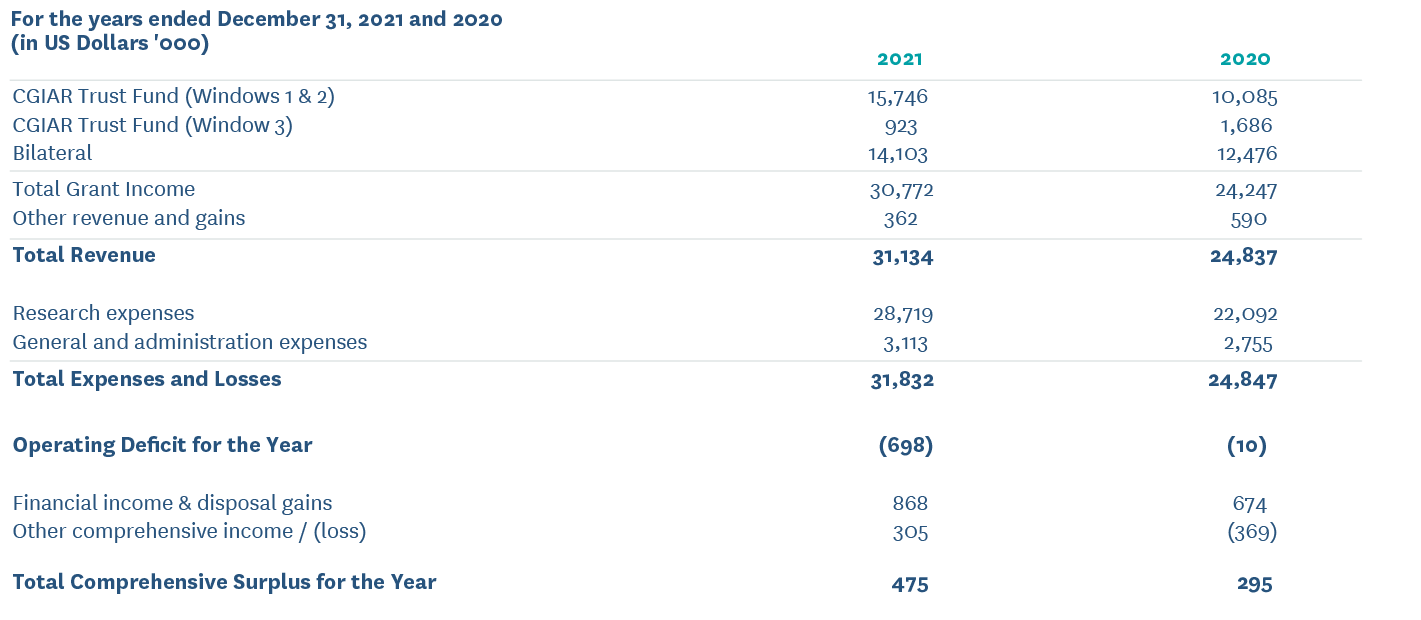
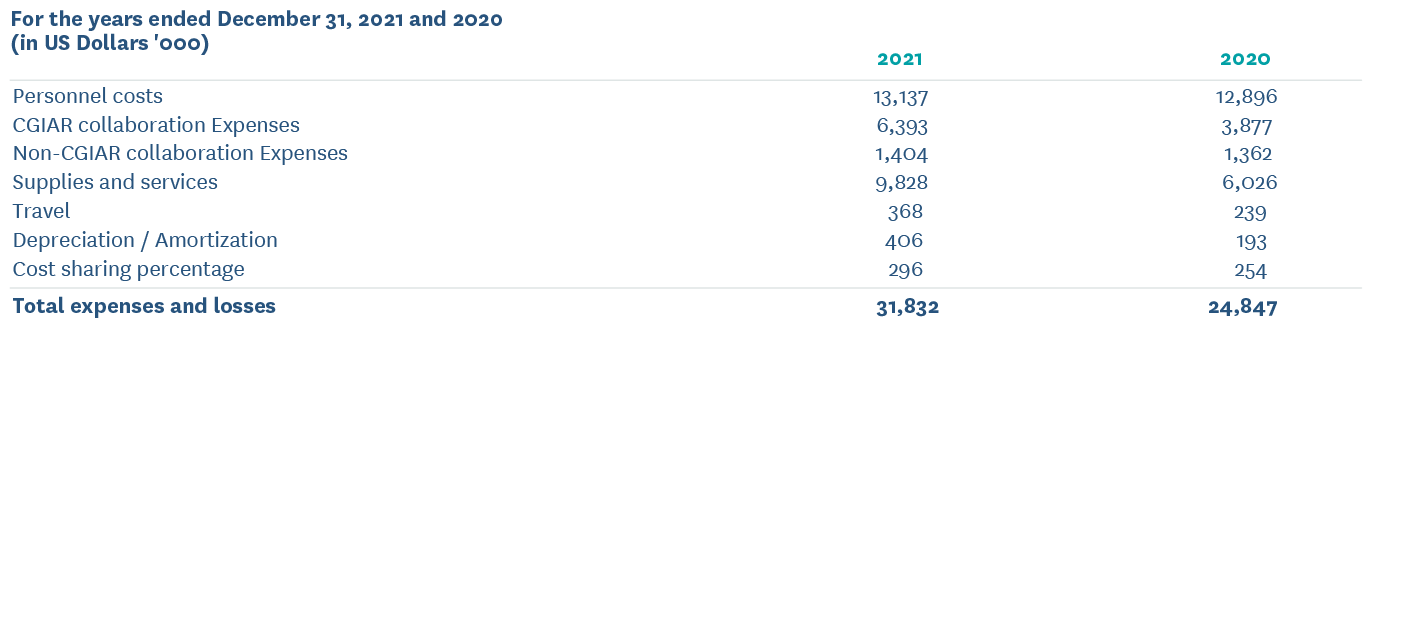
Principal investment partners
IWMI research receives support from Funders contributing to the CGIAR Trust Fund as well as grants from various organizations.
We gratefully acknowledge their support for our collaborative efforts to achieve water security across the developing world.
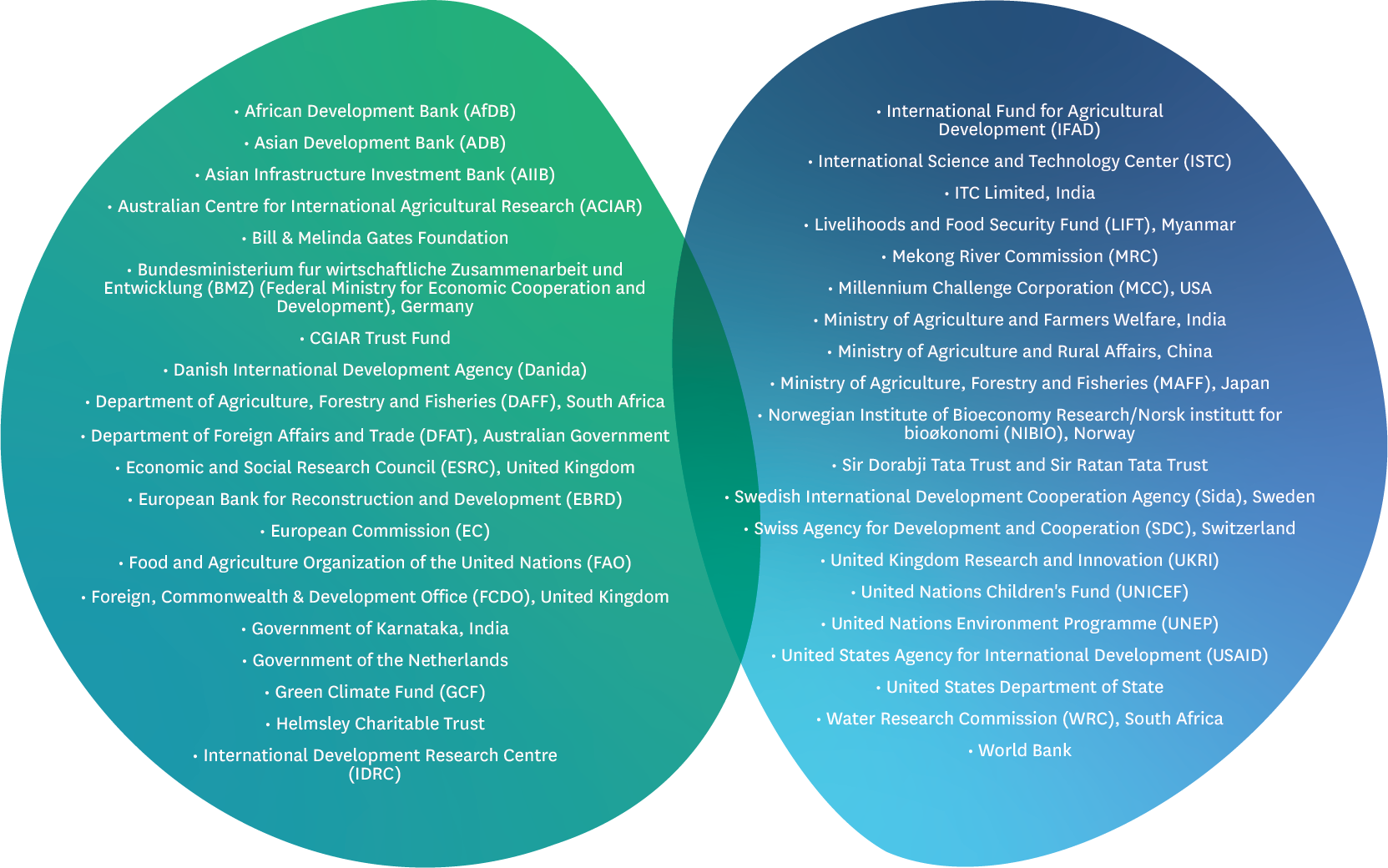
HOST COUNTRIES: Sri Lanka, Egypt, Ethiopia, Ghana, India, Italy, Laos, Myanmar, Nepal, Pakistan, South Africa, United States of America and Uzbekistan
Partnerships
Our priority is to deliver research and knowledge services to, and through, partnerships.
Over decades of experience in research for development, IWMI has learned that no one achieves impact at scale by acting alone. Research contributions to innovation systems are only possible through partnerships. IWMI prioritizes partnerships that put in place the relationships needed to link research to local change and innovation, and to policy and institutional change at national, regional and global levels.
IWMI uses its unique and extensive field-based presence of water scientists, its long-term partnerships with governments, researchers, nongovernmental organizations, the private sector and development practitioners, as well as its membership in CGIAR, to identify key partners and prioritize cooperation with coalitions at local, basin and national levels.
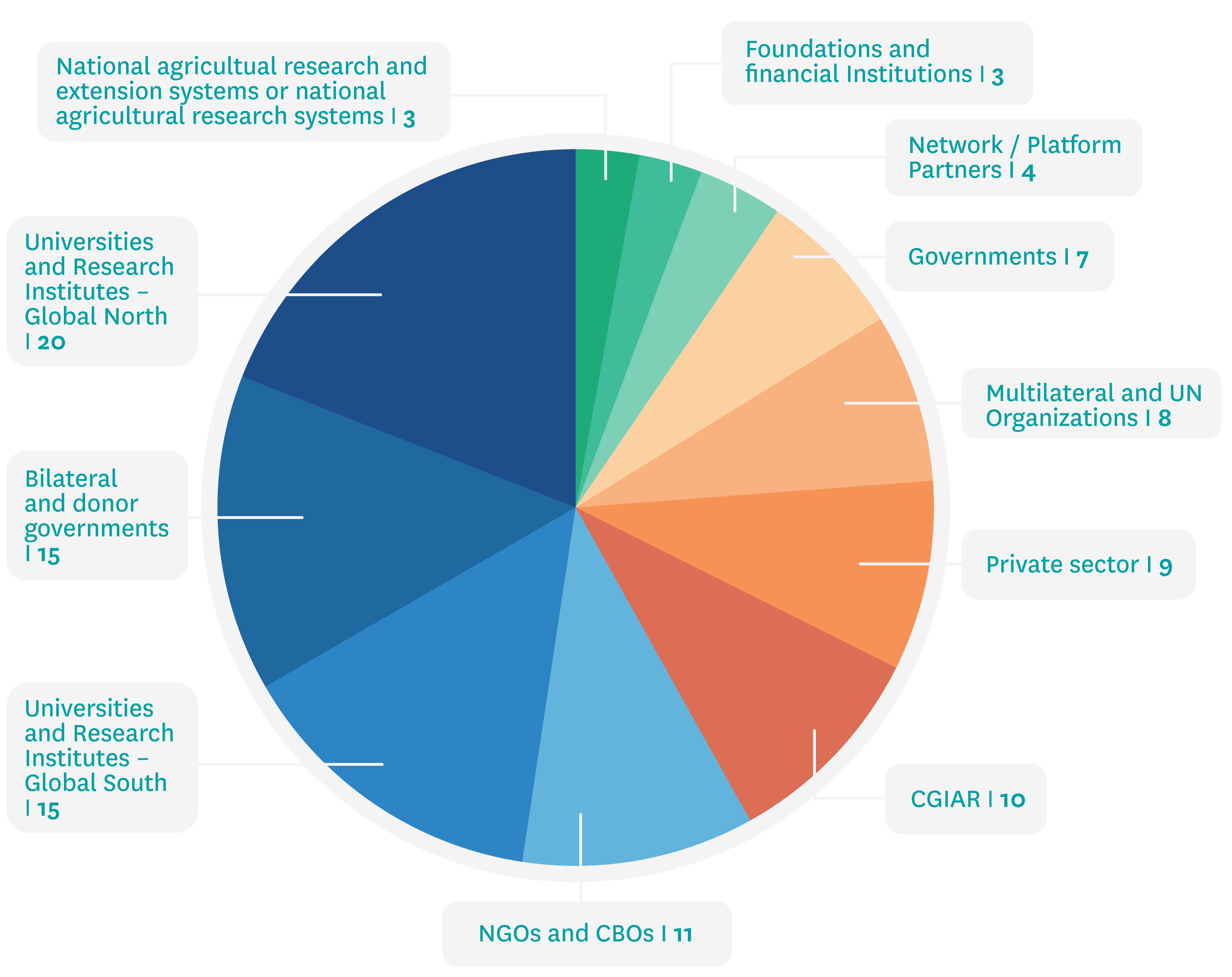
Board of Governors
Roberto Lenton
Argentina
(Chair, IWMI Board of Governors) Professor Emeritus, University of Nebraska, Lincoln
Chemutai Murgor
Kenya
(Vice Chair, IWMI Board of Governors) Chief Financial Officer, Kenya & East Africa, Standard Chartered Bank Kenya Limited
Patrick Caron*
France
Vice President for International Affairs, University of Montpellier
Anura Dissanayake
Sri Lanka
Secretary, Ministry of Irrigation, Government of Sri Lanka
Ghufran Memon
Pakistan
Secretary, Ministry of National Food Security & Research (MNFSR),
Government of Pakistan
Shenggen Fan*
China
Chair Professor,
College of Economics and Management, China Agricultural University
Marco Ferroni*
Switzerland
Chair, CGIAR System Board
David Grey
UK
Visiting Professor of Water Policy, University of Oxford, and
Honorary Visiting Professor, University of Exeter
Neal Gutterson*
USA
Ex- Senior Vice President and Chief Technology Officer, Corteva
Simi Kamal
Pakistan
Chairperson, Hisaar Foundation
Alyssa Jade McDonald-Baertl*
Australia
Entrepreneur, and Advisor to the European Commission
M. Ann Tutwiler**
USA
Active Observer
Senior Fellow, Meridian Institute
Alice Ruhweza*
Uganda
Africa Region Director, World Wide Fund for Nature (WWF)
Mark Smith
Canada
Director General, International Water Management Institute (IWMI)
Dominic Waughray
UK
Special Advisor to the CEO, World Business Council for Sustainable Development
Hilary Wild*
UK
Trustee and Audit Committee Chair, WaterAid
Lindiwe Sibanda*
Zimbabwe
Professor, Director and Chair of the African Research Universities Alliance (ARUA) Centre of Excellence in Food Systems, University of Pretoria
** Active Observer
* CGIAR Board Member
Our locations
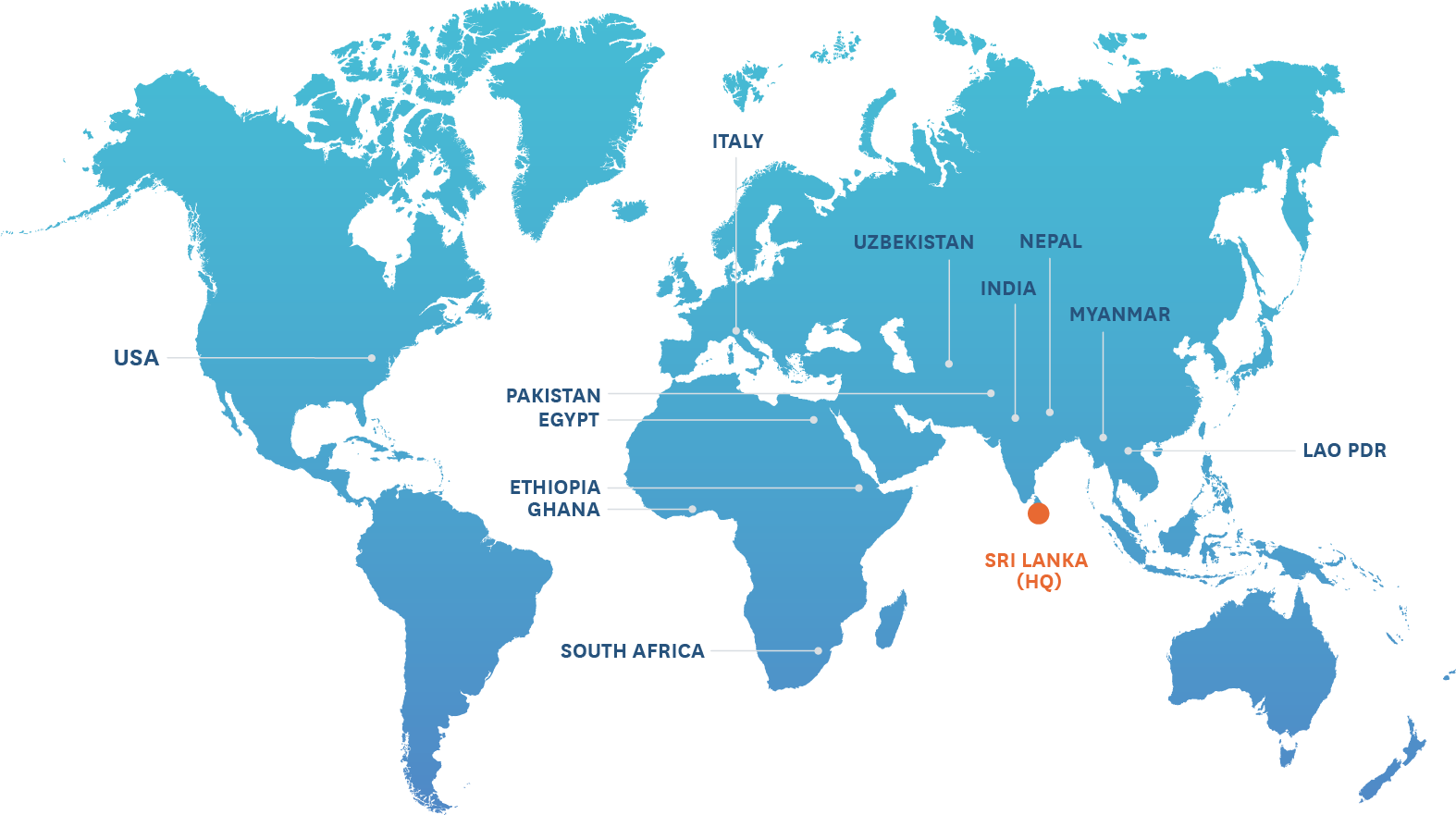
IWMI Annual report 2021. Colombo, Sri Lanka:
International Water Management Institute (IWMI). doi: https://doi.org/10.5337/2022.209

